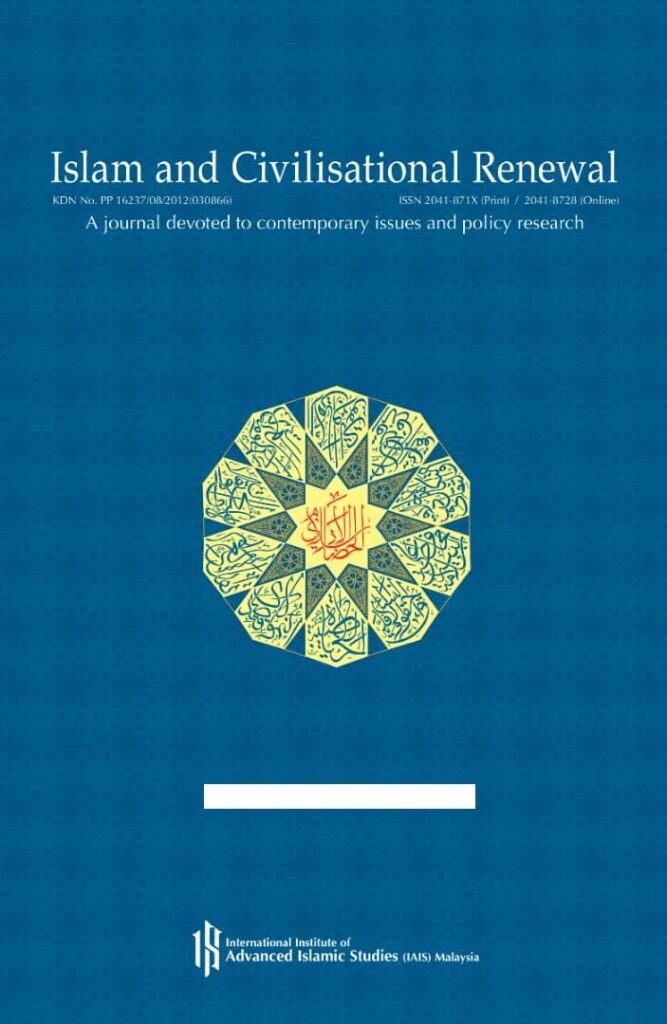This article is co-authored with Asst. Prof. Walid Jumblatt Abdullah and published in Islam and Civilisational Renewal Journal (vol. 12, no. 1, June 2021).
Click here to download and access the article.
Click here for original source.
Abstract
Muslim-minority communities throughout the world grapple with the contextualisation of Islam in the modern world. Islamic religious scholars, or the ulama, have to issue jurisprudential rulings in accordance with the social, political and religious contexts in which they operate. In doing so, they simultaneously have to deal with matters pertaining to authority and legitimacy. This paper analyses the contextualisation of Islam in secular states, with specific reference to Singapore. A few arguments will be made. Firstly, the paper will tackle the theological justifications for the contextualisation of Islam, which in the first place makes subsequent discussions possible. At the same time, the paper will highlight the limits of contextualisation. Secondly, the paper will focus on the secular state of Singapore, and the issue of contextualisation in the context of the Muslim minority community there. It is argued that the discourse on contexualisation in Singapore is not novel. We further contend that the socio-political context in Singapore rightly drives the discussion on contextualisation, but suggest areas of contention in such efforts. Even though the state is the most dominant actor in the country, and thus its ideologies and attitudes toward Islam is a key determinant in the faith’s contextualisation, other actors display agency in the process too. This paper is situated within the literature on state-society and state-Islam relations.


